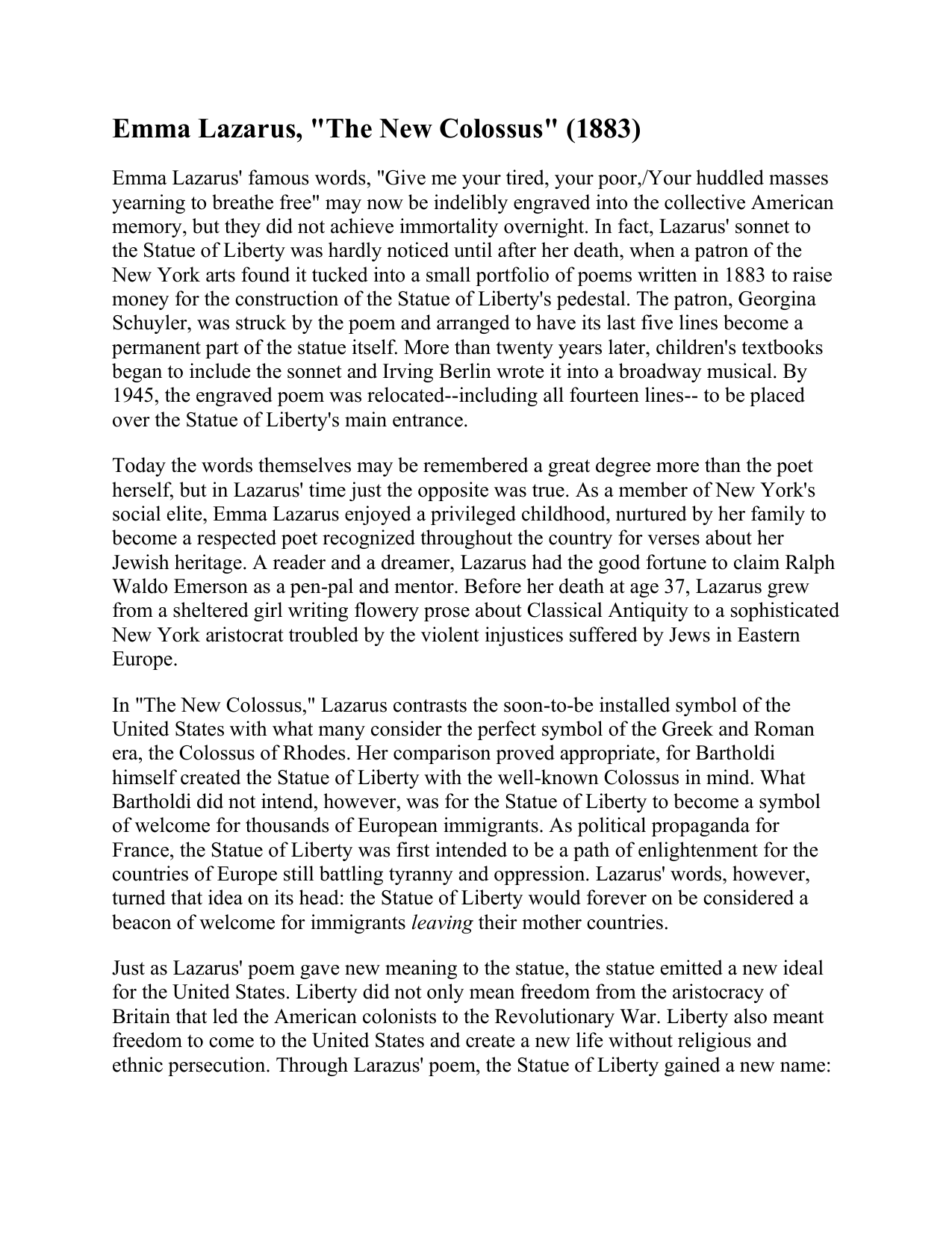

In contrast to the Schachter–Singer theory of emotions, which views emotion as an outcome of the interaction between physiological arousal and cognition, Lazarus argued that the appraisal precedes cognitive labeling, simultaneously stimulating both the physiological arousal and the emotional experience itself.Ĭomparing the theories of emotion: This figure illustrates how Lazarus’ appraisal theory differentiates from the James–Lange, Cannon–Bard, and Schachter–Singer theories of emotion. This appraisal mediates between the stimulus and the emotional response, and it is immediate and often unconscious. Psychologist Richard Lazarus (1991) adapted Arnold’s work slightly in the development of his cognitive-mediational theory, which asserts our emotions are determined by our appraisals of stimuli. In this way, she identified physiological changes as important to the process but not as the initiator of people’s reactions and experiences.

According to Arnold, an initial appraisal begins the emotional sequence by arousing both the appropriate physiological reactions and the emotional experience itself. She developed her “cognitive theory” in the 1960s, which specified that the first step in experiencing an emotion is an appraisal of the situation. Magda Arnold (1903–2002) was an American psychologist who coined the term appraisal to refer to the cognitive processes preceding the elicitation of emotion. On the other hand, if the date is perceived negatively, the person’s resulting emotions might include dejection, sadness, emptiness, or fear (Scherer et al., 2001). The central question that the appraisal theory seeks to answer is why different people have different perceptions of and emotional reactions to the same situations.įor example, if a person goes on a romantic date and perceives this date as positive, they might feel happiness, joy, giddiness, excitement, or anticipation because they have appraised this event as one that could have positive effects. The appraisal theory of emotion, developed primarily through the work of prominent researchers Magda Arnold and Richard Lazarus, proposes that emotions are extracted from our “appraisals” (i.e., our evaluations, interpretations, and explanations) of events.

The mechanisms behind our experience of emotions and our cognitive processing of them remains a central topic of research and debate.

Researchers have developed several theories of how human emotions arise and are represented in the brain.


 0 kommentar(er)
0 kommentar(er)
